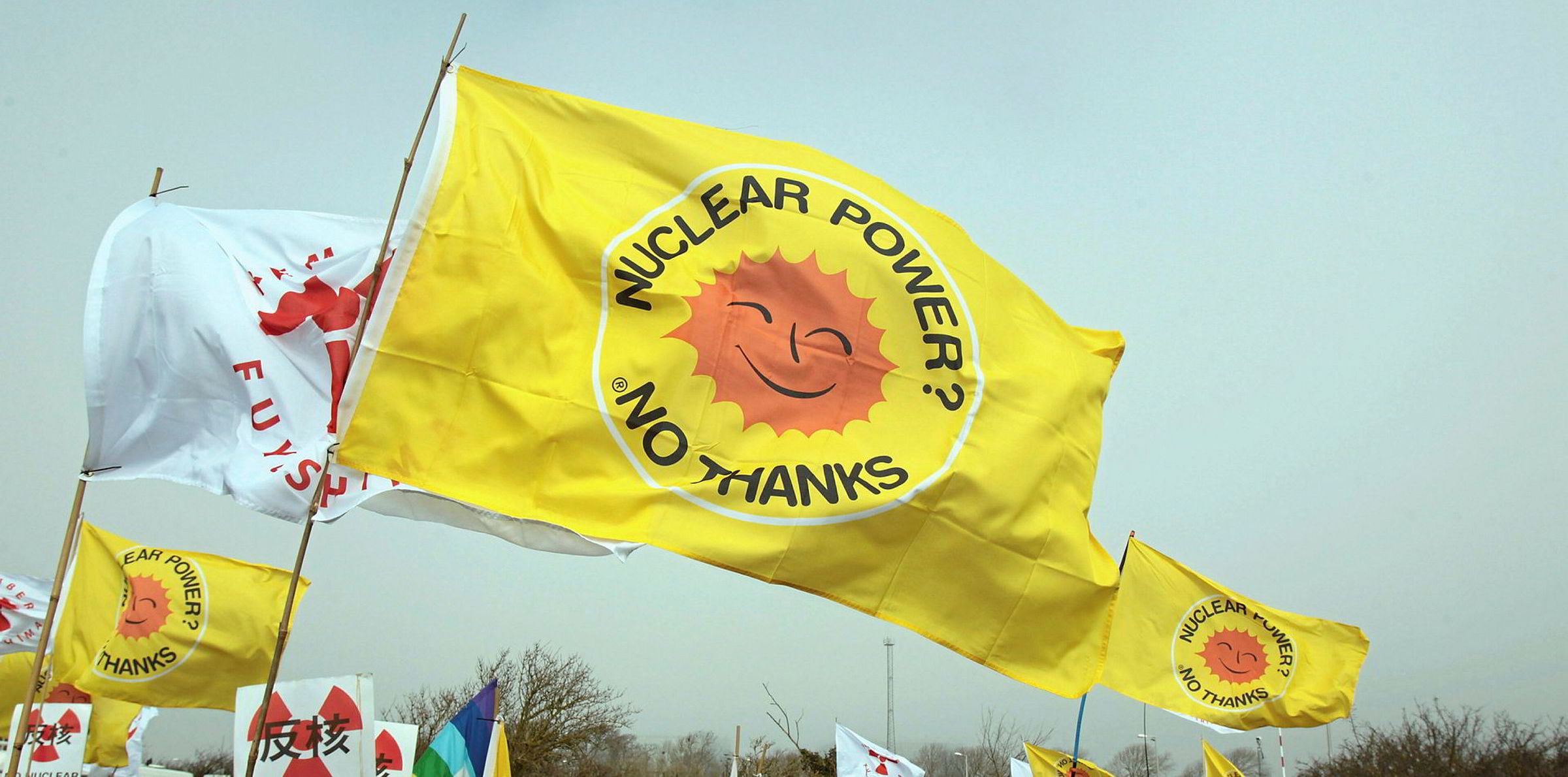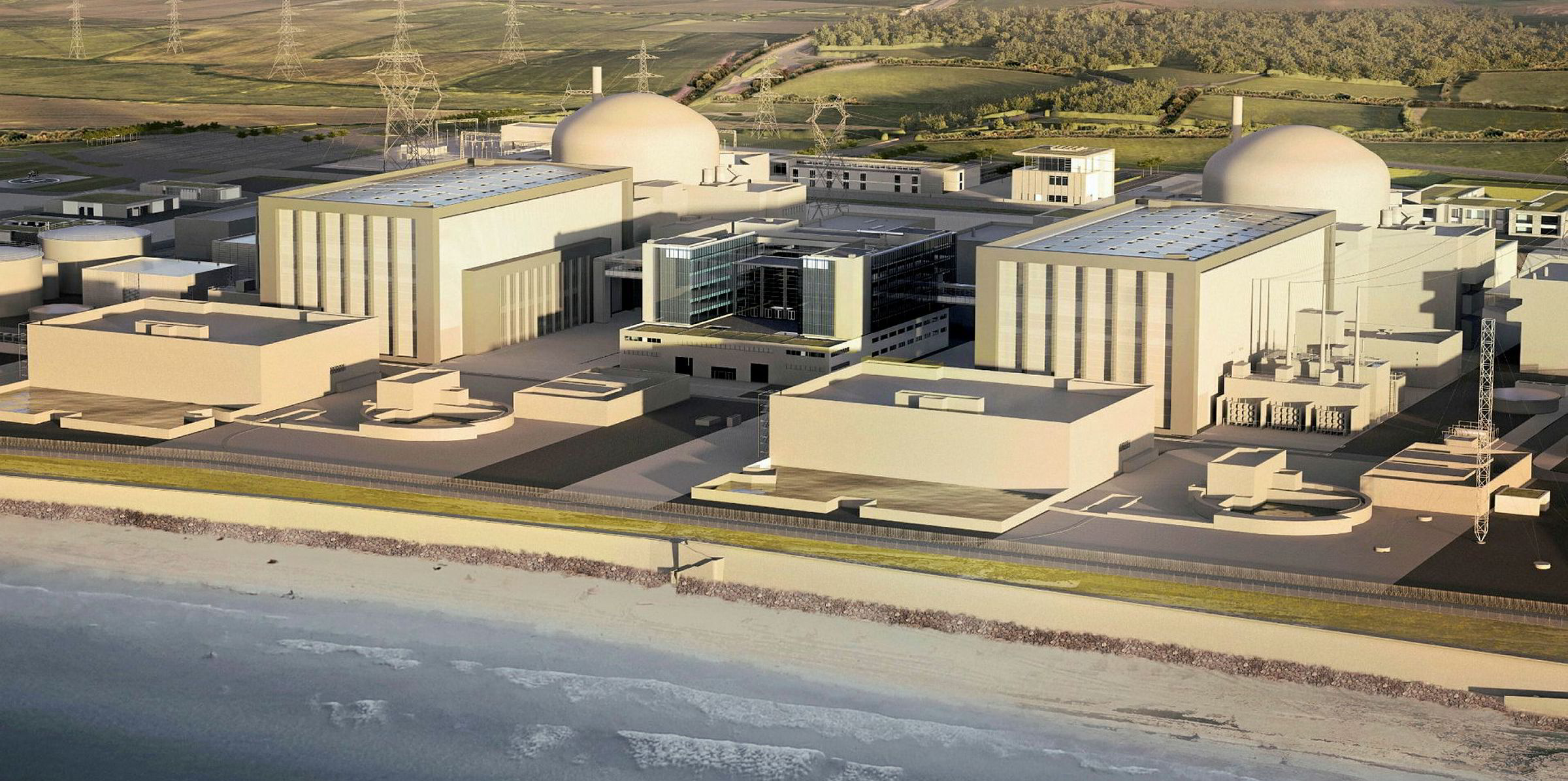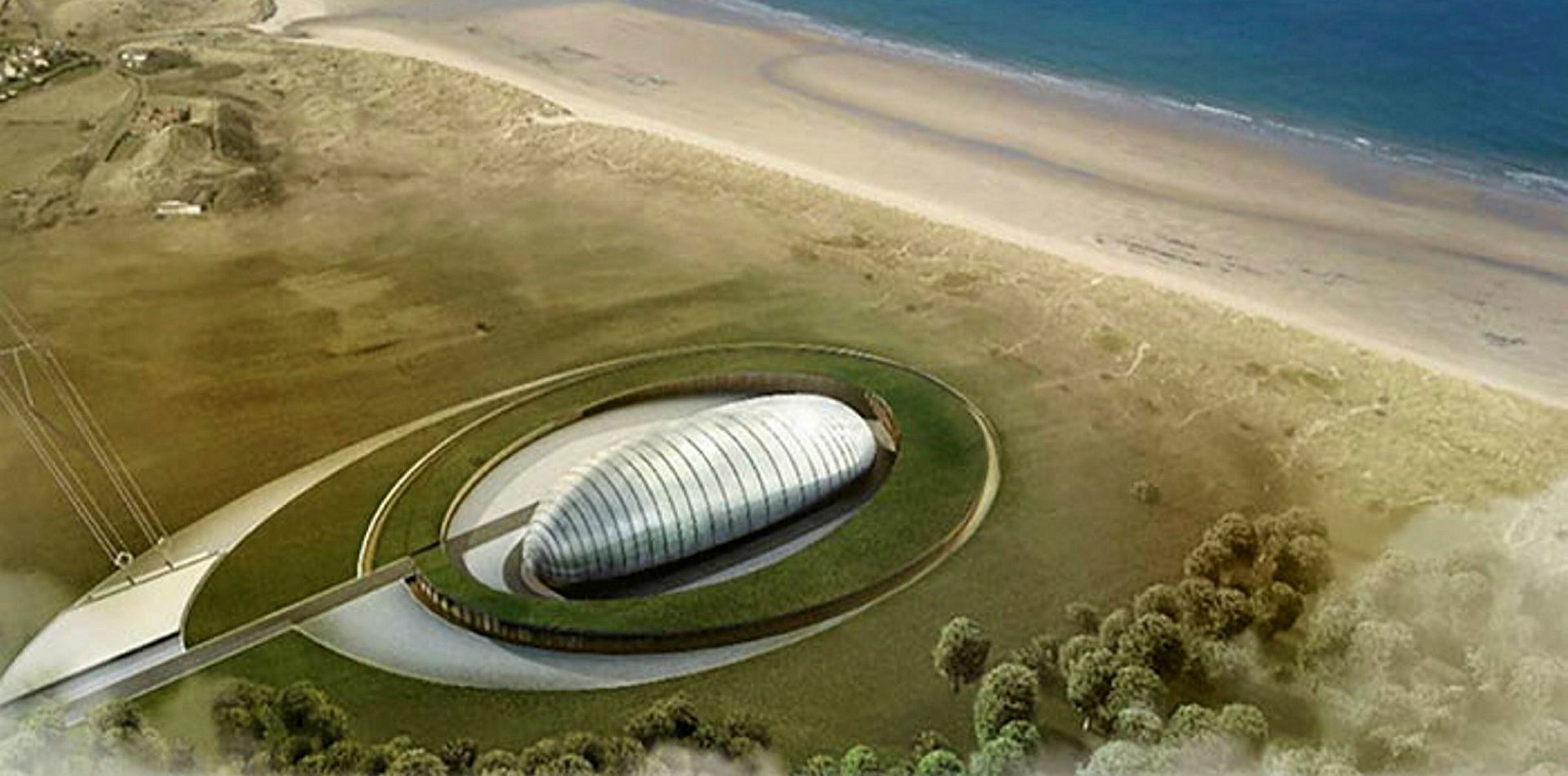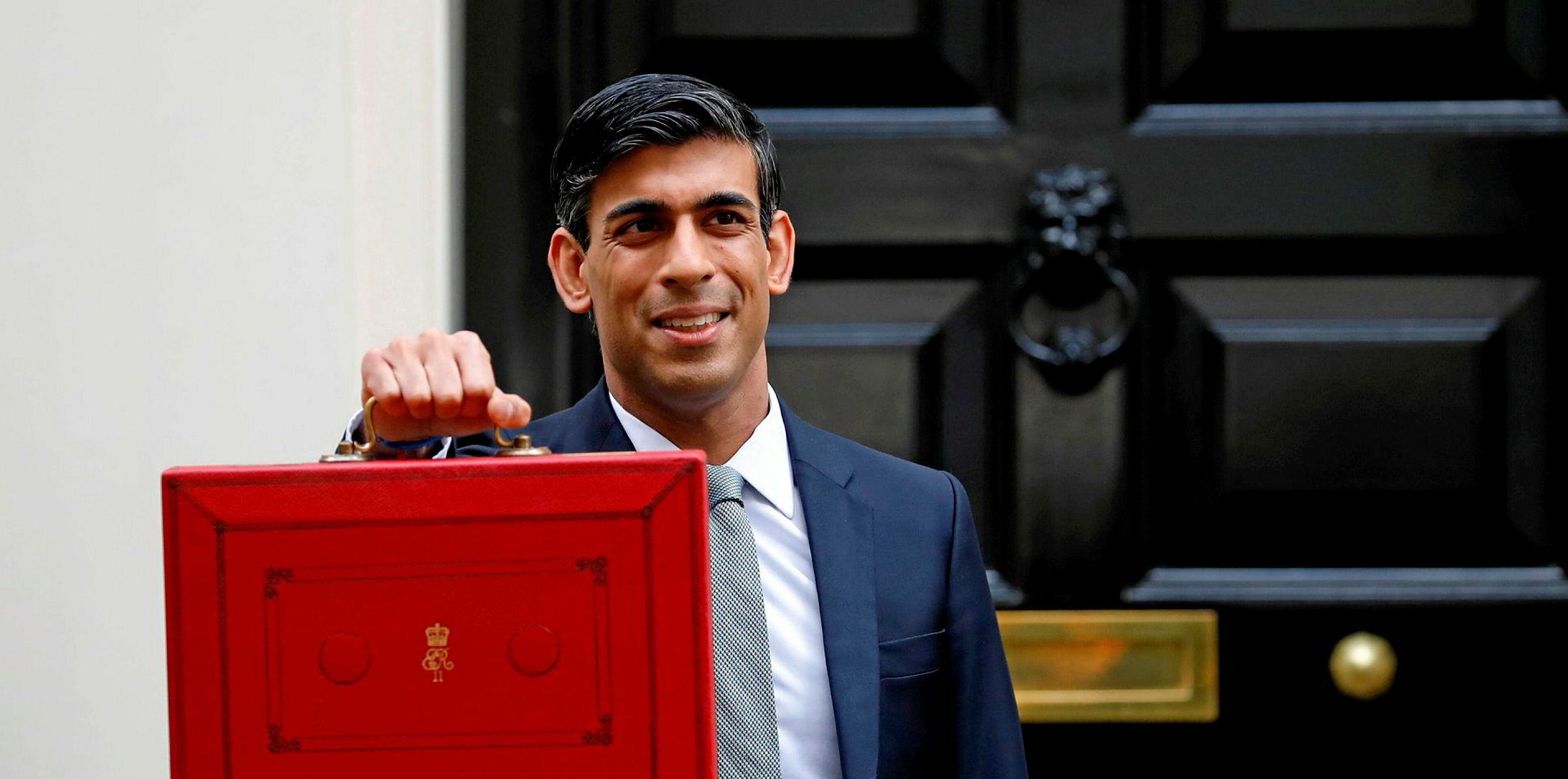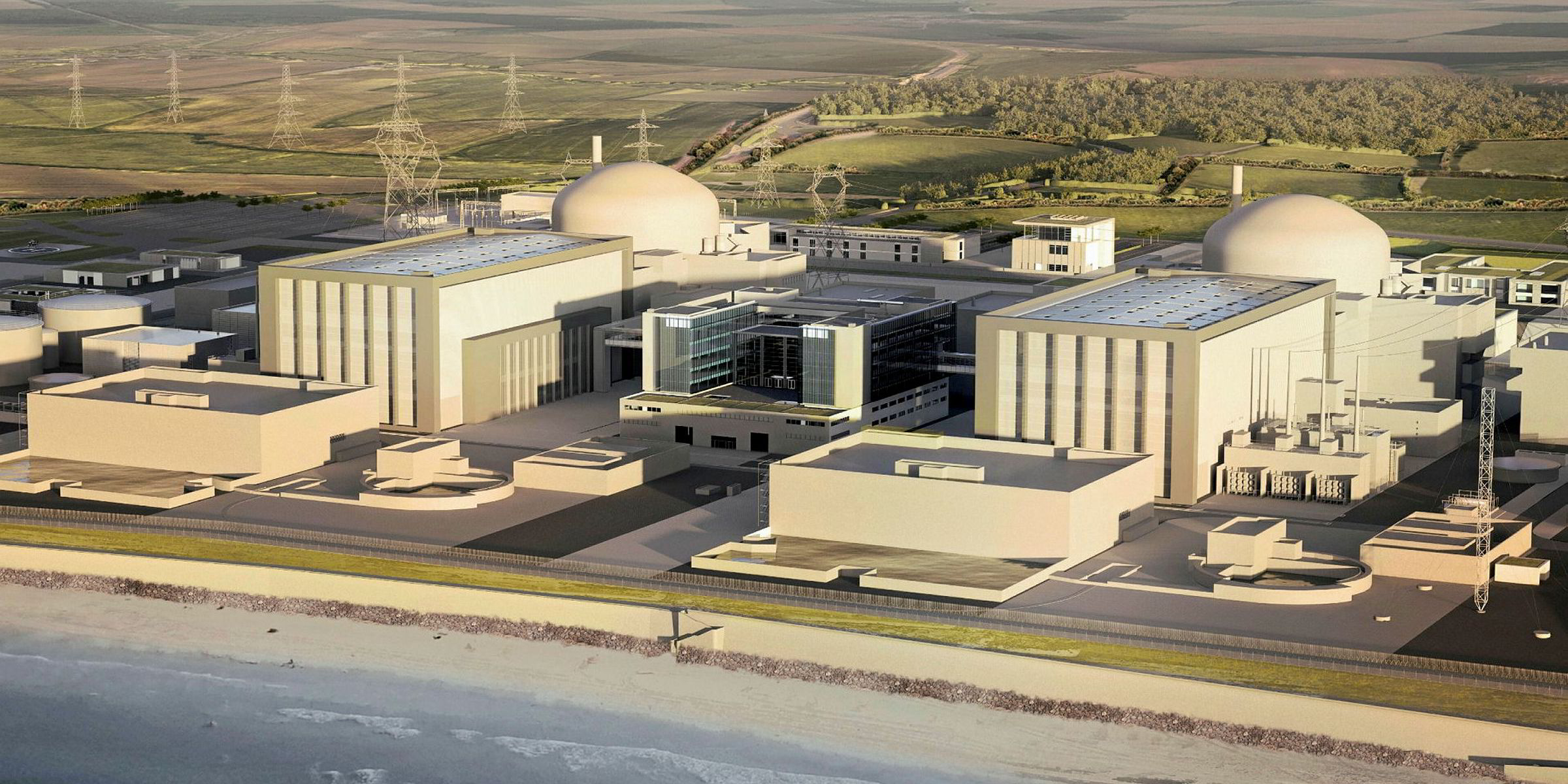The UK can’t rely on wind power alone and needs large-scale next-generation nuclear capacity linked to hydrogen production to be sure of hitting its 2050 net-zero emissions target, claimed a government-backed research group.
Achieving net-zero without nuclear is “possible but risky”, according to a new study from the UK's Energy Systems Catapult (ESC).
Britain could need up to 50GW of additional nuclear capacity by mid-century to be certain of decarbonising sectors such as transport and heating, reckons the report Nuclear for Net Zero, which examines the technology's potential role in meeting the nation's legally-binding 2050 target, against the background of a doubling of power consumption by then.
“While wind, in particular offshore wind, now looks the key technology for decarbonising power in the coming decades, trying to meet net zero without any new nuclear would put the target at risk unnecessarily and potentially make the shift to a low carbon economy more expensive,” claimed the ESC, which is part-funded by state agency Innovate UK but operates as an independent entity.
Its scenarios include allying advanced ‘Gen IV’ high-temperature nuclear plants with hydrogen production, which the study’s authors said may open new possibilities for cheaper, more efficient production of zero-carbon H2, either by providing power for electrolysis or through thermo-chemical processes that don’t need electricity at all.
“Compared with other routes of supply to expand the hydrogen economy, such as more steam methane reformation capacity with CCS (requiring more land-based offsetting via increased forestation or biomass) or more low temperature electrolysis energised by additional renewables, advanced nuclear has the potential for greater energy density, lower costs, and much reduced land take,” said the report.
Recharge reported earlier this year how EDF is looking at linking nuclear power with hydrogen production at its UK fleet.
The ESC also sees a big role for nuclear in future widespread district heating deployments and sees multiple applications for carbon capture and storage (CCS) in the UK's energy transition.
The study admits that nuclear will have to reduce its costs if it is going to play an effective role in the UK’s energy transition, but the ESC reckons that will happen with scale – and claimed a commitment to another 10GW of new nuclear beyond EDF's under-construction 3.2GW Hinkley Point project would be a “low regrets” option.
That’s certain to be a hugely controversial view given the uproar around Hinkley Point, whose ballooning costs and 35-year, £92.50/MWh ($116/MWh) (at 2012 prices) power deal with the UK government is regularly compared to the roughly £40/MWh offshore wind is now selling its electricity for from multi-gigawatt projects that match nuclear for scale.
Renewables advocates claim offshore and onshore projects, allied with fast-emerging storage technologies, smart networks and green hydrogen produced using wind power, are up to the job of decarbonising the UK economy without the help of nuclear, with all its safety and waste baggage.
But the nuclear sector reckons its large-scale projects can tackle the baseload and intermittency dilemmas faced by wind and solar, with emerging technologies such as the small modular reactors under development by Rolls-Royce claiming they are on track to get power costs into renewables territory.
“Nuclear doesn’t need to be expensive if we take the right approach,” claimed ESC nuclear practice manager Mike Middleton.
“Provided that costs reduce in line with the analysis we have reported, the deployment decision regarding new large nuclear is not whether to start, but when to stop.”
